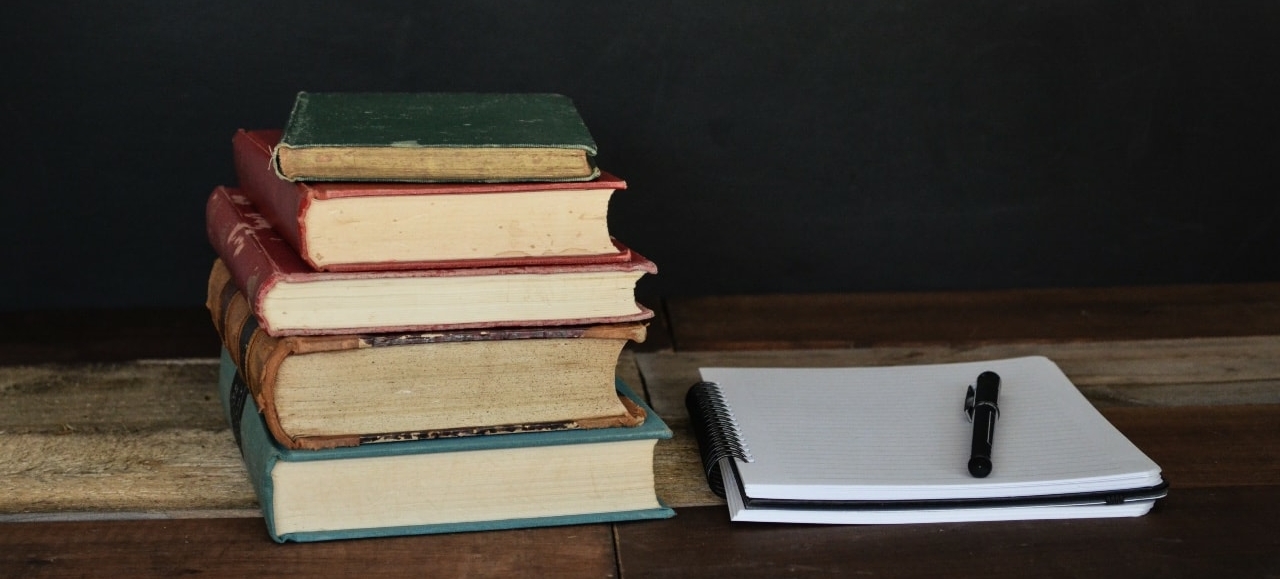VIDEO: Learning With The Tools Of Sound Understanding – Shaykh Faraz Rabbani
 Recently, Shaykh Faraz Rabbani explained how thoroughly studying Arabic grammar (nahw and sarf), logic (mantiq) , and rhetoric (balagha) is integral to mastering the Islamic sciences.
Recently, Shaykh Faraz Rabbani explained how thoroughly studying Arabic grammar (nahw and sarf), logic (mantiq) , and rhetoric (balagha) is integral to mastering the Islamic sciences.
These are the means to sound knowledge. Without them, one’s knowledge will not be sound, one’s expressions will not be sound, and one’s knowledge will not be trustworthy.
This lesson is a must-watch for learners at all stages. It discusses the proper way to pursue the path of knowledge, and the common pitfalls of students and teachers alike.
WATCH NOW:
Follow along with the class notes: The Importance of the Instrumental Sciences – 20150928
Some key points from the talk:
Building Blocks of Learning
Broadly, Islamic sciences break into two branches: the tool sciences (‘ulum al ala), and the sciences sought in themselves (‘ulum al maqsuda).
The three tool sciences are the means by which one is able to properly gain and apply the others. Namely, they are Arabic grammar, logic, and rhetoric.
“Imagine that knowledge is like your nourishment. Now, imagine that you need nourishment, but you have no tools to gather the food, cook the food, and eat the food. How will that work?”
The Trodden Path
The Messenger of Allah (Allah bless him and give him peace) said, “Whoever pursues a path seeking knowledge therein, Allah makes easy for him a path to Paradise through it.”
Shaykh Faraz explained that the wording of this hadith indicates many significant meanings. Firstly, that one pursues knowledge in a sound way. It must be done gradually, and deliberately.
Secondly, that the path is something trodden towards a specific end. One’s studies cannot be random or unguided.
And finally, that one must be on the path of knowledge with the intention of seeking Allah’s pleasure.
Benefits of Arabic Grammar & Logic
Shaykh Faraz went on to give examples of the need and benefit of studying Arabic grammar and logic. He further explained that a common problem faced by students today is a lack of direction and purpose in their study of these sciences.
Resources for Seekers:
Ten Adab of Seekers of Knowledge
Advice Regarding Being a Student of Knowledge and Taking Notes
The threat to religious guidance
Why Learn From a Teacher?
The Etiquette of Seeking Knowledge
The Way of The Seeker: How To Seek Islamic Knowledge
“Signs of the Scholar of the Hereafter” – By Imam al-Ghazzali
Where did the shaykhas go? Afterthoughts on Female Scholarship
Using Time Wisely, Finding a Teacher, and the Accountability of seekers of knowledge
